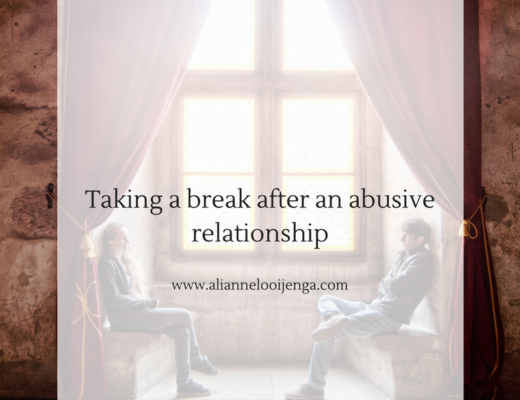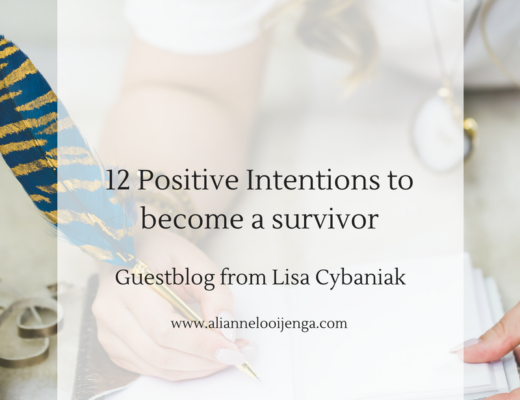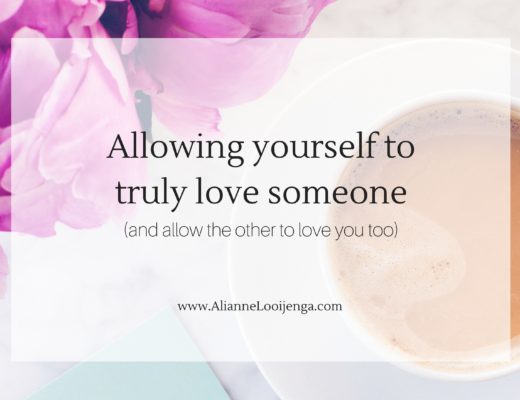Abuse exists in several forms. Most known is physical abuse because it’s easy to recognize.
But emotional abuse is more insidious and can sometimes be harder to recognize. And sometimes, after you spend a lot of time with a toxic person, you can’t really see what’s happening anymore.
People who have followed me for a while know that I don’t like to share anything that doesn’t contain a direct solution to a problem. But I do think we have to go back to basics for this blog and to look at some of the traits of a toxic or abusive person.
But a relationship is meant to be a place where both can blossom. A safe cocoon where the two people involved can develop, support, and acknowledge each other in whatever direction they want to go. A relationship is a place where you strengthen each other, not tear each other apart.
The traits of a toxic person
In an unhealthy relationship, you will notice that the toxic person is inclined to inflict damage on the other person rather than find a solution to a problem. But one of the basics of a healthy relationship is to find solutions together. Not to argue with each other.
A toxic person feels insecure and threatened -a lot-. Whenever you have something fun to look forward to, you want to go out with a friend, or you are successful at something, Mr. or Mrs. Toxic feels weak. But instead of working on these insecurities and weakness they’ll try to find a way to do you harm, make you smaller. Because they feel uncomfortable with your success they will diminish it and leave you with a bad feeling. Or there is something wrong with whatever you are happy with or look out for. Example: you are invited somewhere (in my case to visit a tower) and the other person is suddenly sick, took the car, or needs you to do something.
You get the most love from a toxic person when you are most vulnerable. Favorably when you are on your knees, isolated, and when the toxic person is the center of your universe. It can be that you don’t feel strong or have a strong base of reference because of the way you were brought up or some of your life experiences. However, it could also be that you were strong and the toxic person found a way to break you, to accuse you, to make you feel bad and when you are on your knees, feeling so small and you need someone to lean on… the toxic person changes suddenly and shows you their love. They give you that hug you needed, show you the rainbow, tell you it’s going to be all right and it wasn’t that bad, won’t happen again as long as you don’t… *fill in whatever*
It comes down to this.
When you are small, they feel strong. If you are strong, they feel threatened and weak.
I have an example: my ex and I were rebuilding the house and I was putting the spack on the walls. I really knew what I was doing because I paid very close attention to the carpenter. I saw that my ex-partner struggled with it and that’s why I did it the spacking. When my ex-partner noticed my success he took away the spack (or is it called stucco?) and forbade me from ever spackling in HIS house ever again.
He always mentioned that the house was HIS when he disagreed with something to remind me he could throw me out on the street in an instant. When he had hurt me, he would say: you can leave if you don’t like it, but when I would leave he would search friends’ and family’s homes to bring me back to his house again.
It is easier for them when you are weak. When you are vulnerable, when you are fired, when you get out of a nasty relationship or when you have difficult family members, a difficult past, they feel strong and in control. But where a healthy relationship tries to lift you out of those difficult times, the toxic person tries to keep you there. Because when you are not dependent of them they feel like they are not the center of your world anymore. And that’s what they need to feel good. Because sadly, they are incapable of knowing what true love is or how to accomplish it.
A toxic person sees almost every argument as a personal attack and if you have been in a relationship like this you probably recognize this: before you tell the other person that something is bothering you (if you tell them that is) you put your words on a scale first. You think and rethink your words to see if there could be any triggers amongst your words.
Your experience is that during conversations the roles are reversed before you know it! Before you are finished talking, you are suddenly the person with the problem. It’s all about what you are doing wrong and what you don’t understand. It doesn’t matter how careful you are in choosing and expressing your words because everything you say (and don’t say) can and will be used against you.
Instead of really listening to you, letting you talk, and acknowledge their part in how you feel, the roles are reversed, and that person makes you the problem (twisted). Situations from years ago are thrown in the battle, words are used against you, and often the other person won’t let you finish speaking, and talks in an aggressive or emotionally manipulative tone and doesn’t let you think. Or they speak in an aggressive/emotionally manipulative manner and seem to disappear, whether that is emotionally and/or physically. Often people who have experienced domestic violence stop explaining their point of view to prevent escalation.
A famous quote of Jim Rohn is:
You are the average of the five people you spend the most time with.
Don’t underestimate the influence of the people closest to you! It doesn’t matter how strong you are, your frame of reference is or how your self-esteem is built up… the way other people talk to you or treat you can build or demolish your self-worth, self-esteem, and self-image. It is so important to choose the people closest to you carefully. Because when someone is depreciating you, it will influence how you see yourself and become part of your thought patterns. Sometimes you won’t even know that a conviction you have really comes from another source.
A quote of Bruce Lee is:
As you think so shall you become.
I am convinced that you should choose your inner circle carefully. A good inner circle will build you up, inspire you, and challenge you to be the best you who you can be.
In a healthy relationship, two imperfect people come together with an imperfect life and with an imperfect past. Together they create a safe haven where they can heal and give each other the circumstances where they can thrive and work on themselves to be the best, strongest persons they can and once that safe haven is created, they can work on their life goals together.




No Comments